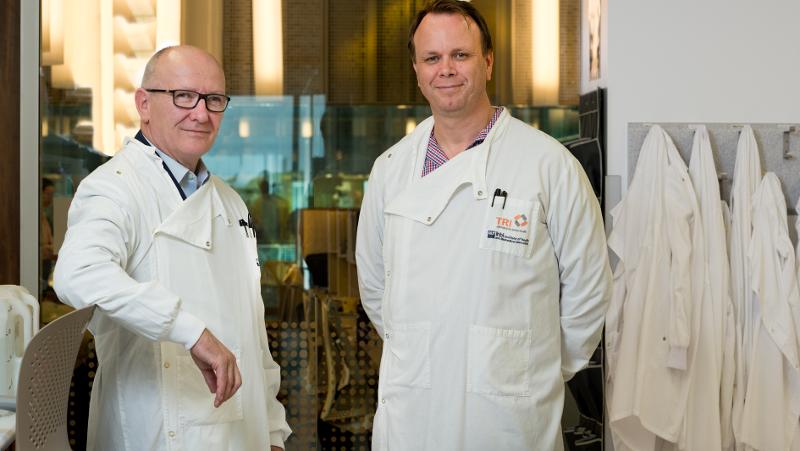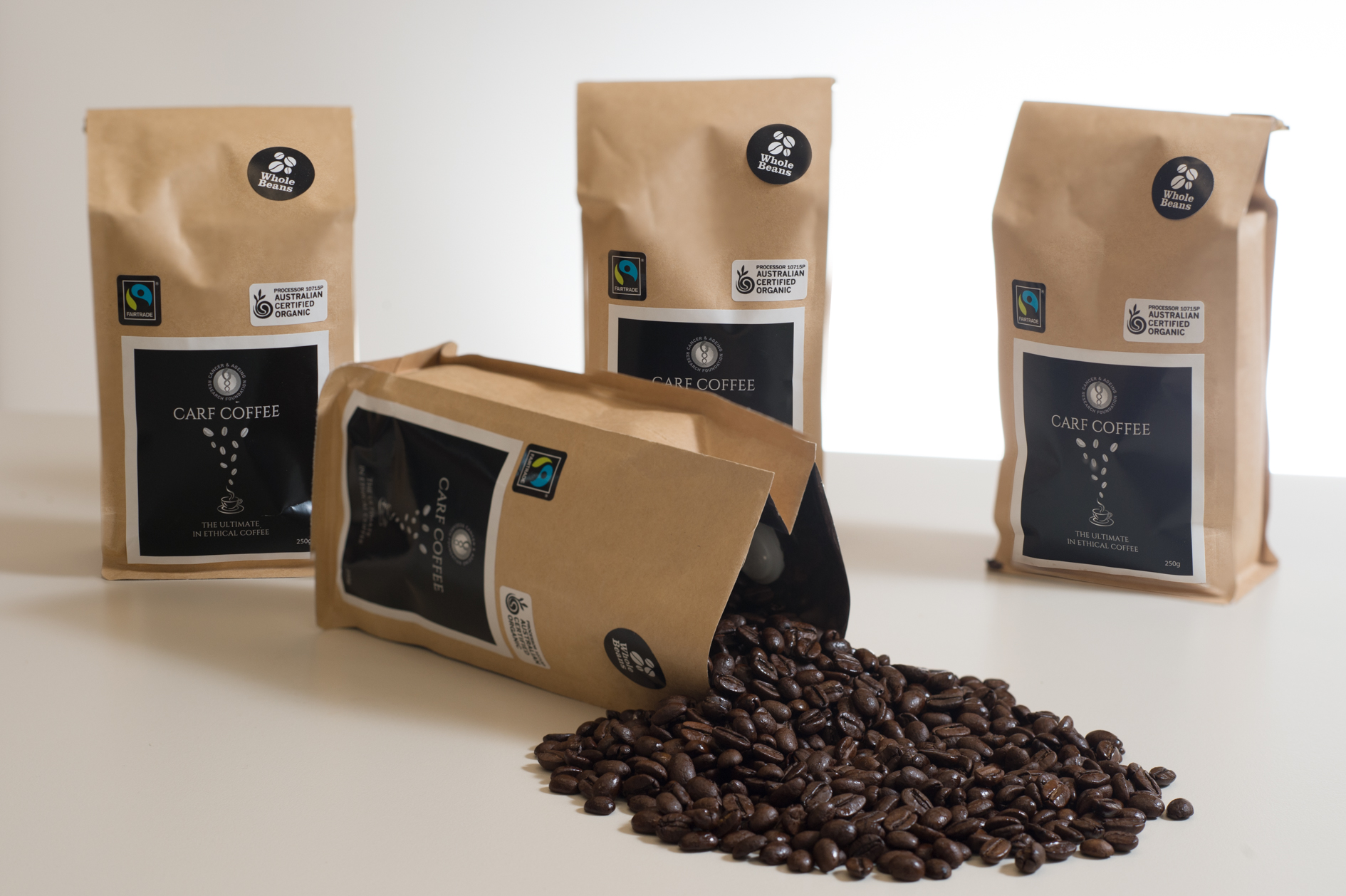
QUT researchers have developed a new drug that has the potential to dramatically slow the ageing process and delay, or even prevent, major diseases in humans, including cancer, Alzheimer’s, Type 2 Diabetes and arthritis.
The Scientific Director of the Cancer and Ageing Research Program (CARP), Professor Derek Richard from QUT’s Institute of Health and Biomedical Innovation, said the breakthrough was built upon years of research focused on the ability of single-cell organisms called archaea to survive in harsh conditions, including the boiling, sulphuric acid pools of undersea volcanoes.
“Our research into arachaei revealed a ‘super hero’ protein, known as ssB1. But the real eureka moment came when we discovered that humans have this same protein, called hSSB1, in every cell of our bodies,” Professor Richard said.
“In normal cells, ssB1 is like a guardian angel that is looking after the genetic code and, if there is any damage, we see it rush in to repair that damage. But, as we age, we lose parts of our genetic code, and that is the foundation for diseases such as cancer and Alzheimer’s.
“When we found that ssB1 was helping the archaea to repair its damaged DNA, we realised we might have stumbled across the basis for a new cellular treatment for humans, to control our ageing pathway and keep people healthier, for longer.
“This new drug functions by restoring the activity of the DNA-repairing, ‘super hero’ hSSB1 protein in our bodies and we can make cells believe that they are much younger than they actually are,” Professor Richard said.
QUT Professor and CARP clinical director, oncologist Ken O’Byrne, said while the drug had the potential to prevent or delay the onset of disease and illness, the primary aim was to improve quality of life.
“The big link between cancer and ageing is DNA repair. As we age, our target protein starts to function differently and allows our genome to be damaged and this damage can cause cancer,” Professor O’Byrne said.
“This drug, once fully developed, could actually be taken to protect high-risk individuals from cancer and other diseases,” he said.
The team is now seeking to raise $5 million to fund further drug development and toxicology studies, so the therapy can proceed to human trials.
“We could take this drug to the United States and find money for it to be developed there, but that would see the loss of yet another Australian invention. We want to keep this drug in Australia so that Australians benefit from it, both medically and economically,” Professor Richard said.
Donations can be made to the project here. You can also find out more information at www.carp.org.au.
The researchers have also teamed up with a champion coffee roaster in Byron Bay, in a fundraising venture, to develop a range of fair trade, ethically sourced coffee, tea and drinking chocolate.
“We wanted to do something different. We know Australians love their coffee and tea, so we thought let’s make an exceptional product range, and invest all of the profits into this exciting research,” Professor Richard said
“CARF Coffee sells only premium coffee, tea and drinking chocolate, all ethically sourced. It took six months of tasting to get the range we were happy with.”
Recent publications on hSSB1 from CARP include:
hSSB1 associates with and promotes stability of the BLM helicase
hSSB1 phosphorylation is dynamically regulated by DNA-PK and PPP-family protein phosphatases
(All images credit QUT. Images available for download here. Video available for download here and interviews with Prof Ken O'Byrne; Assoc Prof Derek Richard.)




